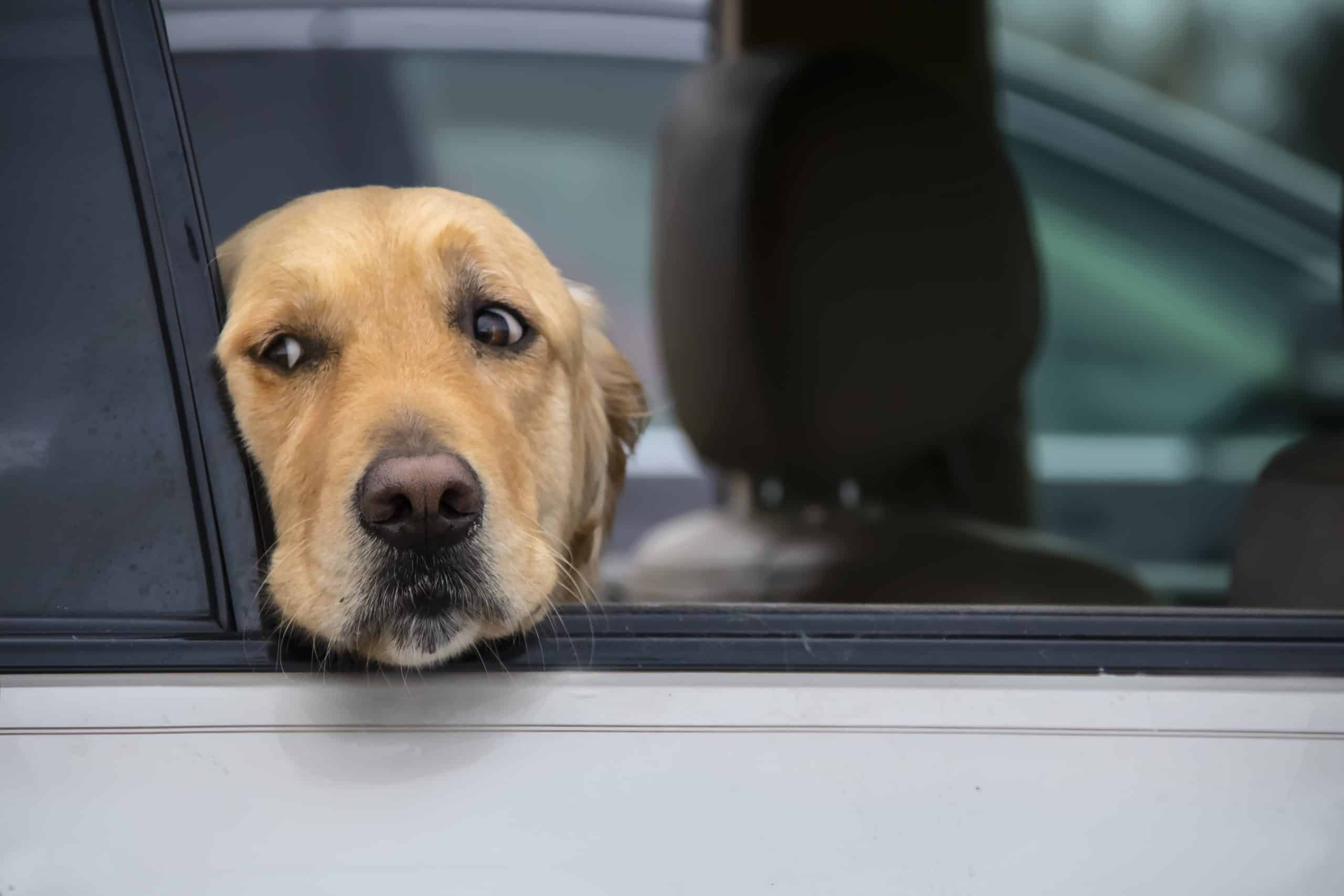How to Deal with Dog Car Sickness

The intense bond between humans and dogs goes back at least 15,000 years, so it’s not surprising there are quite a few similarities between the two species. For example, both are social animals who love food and communicate through body language and facial expression.
Among the not-so-pleasant characteristics we have in common is the capacity for motion sickness. In fact, studies show that roughly one in five dogs suffer from motion/car sickness. If you’re tired of cleaning up after your poor pup has been in the car, take heart! Your team at Animal Medical Hospital & Urgent Care has plenty of ideas for helping you prevent or reduce dog car sickness.
What Causes Dog Car Sickness?
Puppies and younger dogs are more prone to motion sickness, probably due to the fact that the ear structures responsible for balance haven’t reached full development yet. Puppies with motion sickness should be treated as soon as possible – if they learn to associate car rides with nausea it can be harder to cope with later in life.
Stress can also be a factor in dog car sickness. Dogs that are scared of riding in the car or only have negative associations with it (every car ride ends in a trip to the vet, for example) are more prone to stress-related motion sickness.
Signs and Symptoms
Although vomiting in the car is a sure sign your dog isn’t feeling well, it’s not the only one. Other symptoms of dog car sickness include:
- Listlessness/inactivity
- Panting
- Repeated yawning or lip licking
- Whining
- Excessive drooling
- Shaking or trembling (signs of fear)
Helping your Pet
When it comes to treating dog motion sickness, we always recommend trying behavior modification techniques first.
- Limit your dog’s food and water intake prior to getting in the car
- Keep the interior of the car cool
- Lower the windows a few inches
- Give your dog a small treat each time they get into the car
- Utilize a car harness to keep your dog facing forward while the vehicle is moving (ask us for recommendations)
- Take a few short car trips that end in an enjoyable activity or location, such as a hiking trail or dog park
- Try using a different vehicle to see if your dog responds more positively in an unfamiliar environment
Slowly acclimating your dog to car rides can also be effective. Start by getting your dog used to approaching the vehicle but not getting inside. Move to sitting in the car with your dog with the engine off until they are comfortable. Move to taking short trips around the block, ending with a reward and praise, gradually increasing the length of the trips over time.
The Last Resort
Dogs that don’t outgrow car sickness or don’t respond to behavior modification techniques may benefit from one of several over-the-counter or prescription medications, or other forms of behavioral therapy.
Please don’t hesitate to contact us if you’re concerned about your dog’s motion sickness, your veterinarian will be happy to go over the options and help you decide what’s best for your pet.
